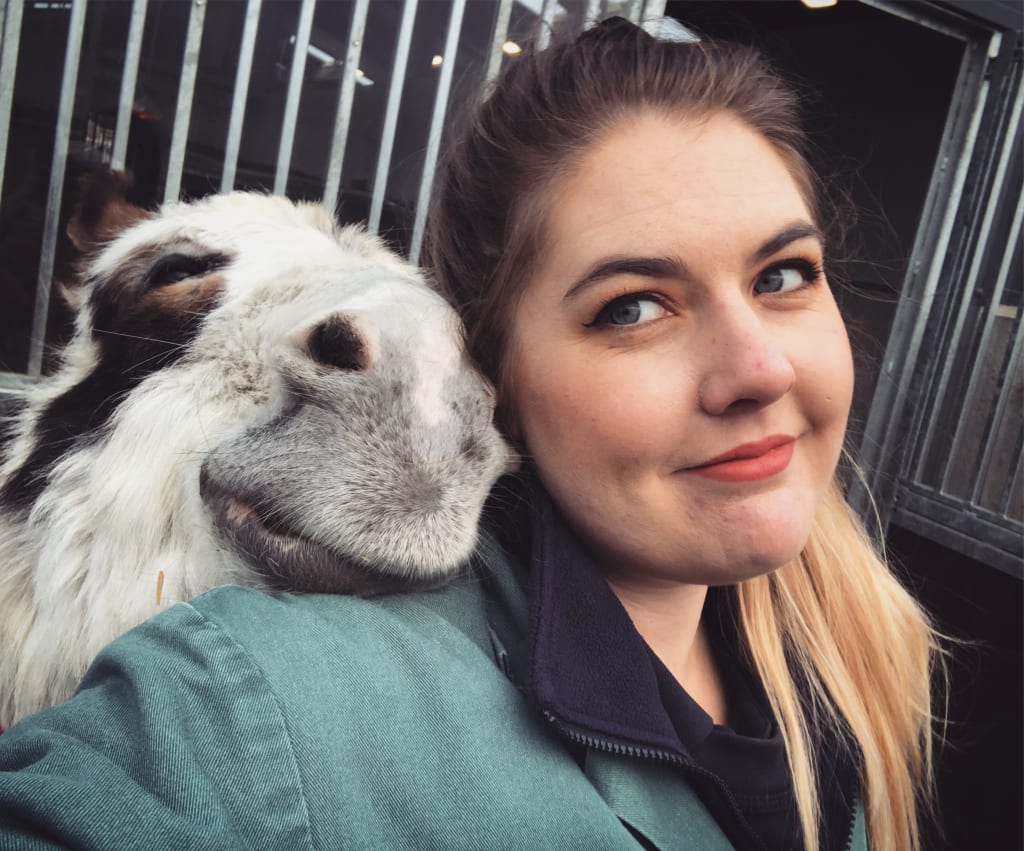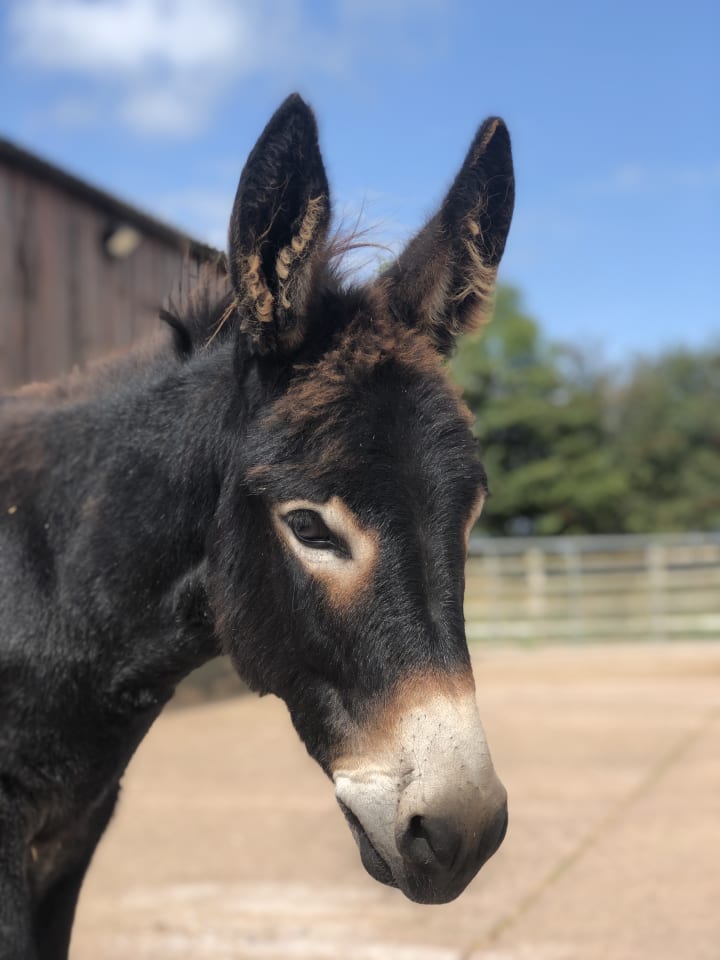Donkeys deserve better
Stop making them the butt of your jokes

For what seems like forever, donkeys have been treated like a bit of a joke in the media and literature. From apathetic Benjamin in Animal Farm, to depressed Eeyore in Whinnie the Pooh and annoying Donkey from Shrek - is it any wonder why donkeys have an image problem?
You might think it doesn’t matter, that these are just characters in fictional stories, but they build a picture of the donkey as some low status animal that is neither cool, heroic or useful. We hear the terms “donkey” and “donkey-brained” being slung as insults. In the equestrian community, I often hear people calling their horses “donkeys” whenever they don’t behave in the way that person expects them to. What they mean is, that they believe donkeys to be naturally naughty and stubborn, a stereotype perpetrated by their broader representation in popular culture.
This matters, because falicious beliefs that the donkey is stubborn and naughty by nature leads inevitably to neglectful and abusive treatment of real donkeys in the real world (not to mention, horses labelled as behaving like donkeys end up suffering like them too). While people may mean the term “donkey” to be a term of endearment, meaning “silly” or “sassy” rather than anything really mean, this can still be incredibly harmful regardless of the innocent intentions.
The fact of the matter is that donkeys are complex animals that are highly intelligent. They have a strong sense of self-preservation, and prefer to think carefully about the things people ask them to do before complying. This often, mistakenly, gets them labelled as stubborn, because they don’t always act as quickly as we’d like them to and don’t appear visibly frightened in the same way that horses do. They’re extremely stoic and hide weaknesses such as fear, pain and disease so as to not become a target for predation or ostracisation. Having evoluted to survive in more sparse environments, they have a greater fight response than horses and a diminished flight response. This means that they’re more likely to display kicking and biting behaviours when fearful or nervous, whereas a horse may become more obviously flighty and startled. This often means that donkeys are incorrectly labelled as naughty.
The real problem with this is then when we decide that a donkey is just being silly/naughty/stubborn, we stop looking for the real cause of the problem. This can result in pain and illness being completely missed, meaning that problems don’t receive correct treatment and get worse, sometimes endangering the animals’ life. People then opt to use punishment, or increasing levels of negative reinforcement to try to solve the problem. This means that the true problem is neglected and the training methods used can stray dangerously close to abusive when employed by those not well versed in the appropriate application of learning theory.
In a broader cultural context, misinformation about donkey behaviour leads to widespread neglect, mistreatment and abandonment. They’re viewed as low status animals and earn little respect, which means that people don’t want to learn about them and therefore remain blind to the problems they face in the world today. From the Chinese ejiao skin trade, to the brick kilns in Nepal, and the donkey milk farms in Italy, donkey welfare remains a problem all over the world. Their contribution and involuntary sacrifice to the whims and needs of human beings leads to immeasurable suffering in the global donkey population. These are complex problems that require human investment to solve.
If we want to be advocates for donkey welfare, the least we can do is speak about donkeys with a little bit of respect. It’s the least they deserve after all we put them through.







Comments
There are no comments for this story
Be the first to respond and start the conversation.